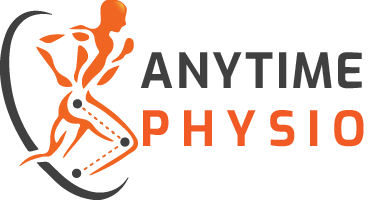Physiotherapy for Whiplash Injuries
What is Whiplash?
Whiplash refers to an acceleration-deceleration injury to the neck. This type of injury is usually caused by a motor vehicle accident, but may also result from falls or during contact sports (i.e. rugby) or non-contact sports (i.e. diving, gymnastics).
What are the Symptoms of Whiplash?
The symptoms of whiplash are usually:
- Neck pain and tenderness
- Neck stiffness or reduced range of motion
- Headaches
- Dizziness or reduced balance
- Numbness and pins and needles
What Causes Pain in Whiplash?
Whiplash injuries affect various anatomical structures in the neck. Strain to any of these structures and the resulting inflammation can be a source of pain. These structures include, but are not limited to:
- Cervical joints
- Surrounding joints such as the jaw, thoracic spine, ribs and the shoulder
- Intervertebral discs
- Muscles
- Ligaments
- Cervical vertebrae
- Nerve tissue
- Blood vessels
Will I Recover After Whiplash?
Most people will recover following a whiplash injury, but the rate of recovery will be different for each person. No injury is the same as another. A small percentage of people who have a whiplash injury may develop long-term neck pain. Unfortunately, there is still a lot that we do not know about whiplash injuries and whiplash-associated disorders (WAD). Research is being conducted around the world to understand why there are different recovery rates between different people.
How Is Whiplash Treated?
Management of whiplash injuries will vary from person to person. In general, however, treatment will comprise a combination of pain relief prescribed by your doctor, exercises to improve range of motion and muscle strength in the neck and shoulders prescribed by your physiotherapist and cognitive behavioural therapy to help deal with the stress of the trauma with a psychologist.
What Can I Do To Help My Recovery After Whiplash?
Staying active is important. While it is important to take care of your neck and avoid exposing it to excessive strain in the healing phase, research has also shown that keeping up with your normal daily activities helps aid in your recovery. As you recover, you will be able to gradually resume normal activities (i.e. work, recreation and social activities).
Download your free Whiplash Recovery Guide below:
Need Help With Whiplash Recovery?
Book an appointment online with one of our expert Brisbane physiotherapists.
